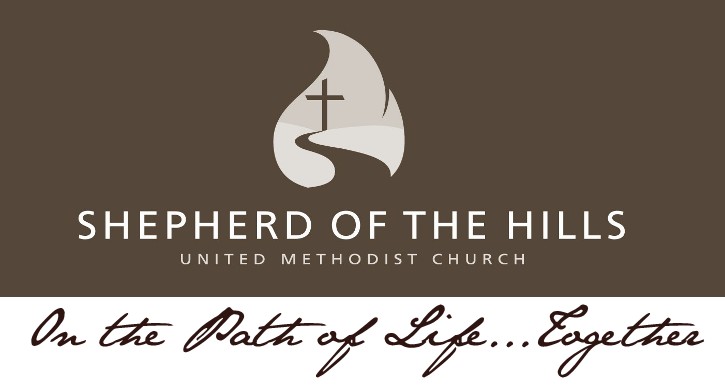
I Corinthians 15:19-26
If only for this life we have hope in Christ, we are to be pitied more than all men.
20But Christ has indeed been raised from the dead, the firstfruits of those who have fallen asleep.
21For since death came through a man, the resurrection of the dead comes also through a man. 22For as in Adam all die, so in Christ all will be made alive.
23But each in his own turn: Christ, the firstfruits; then, when he comes, those who belong to him.
24Then the end will come, when he hands over the kingdom to God the Father after he has destroyed all dominion, authority and power. 25For he must reign until he has put all his enemies under his feet.
26The last enemy to be destroyed is death.
How exciting is the "first fruit?"
Well, that kind of depends whether you enjoy "growing your own."
For many of us today, "first fruit" means that something new showed up in the produce department at our grocery store. Everything is available year round, so we have lost track of the seasons, and we have no idea what kinds of fruits or vegetables are actually in season in our local community at any given time.
But...if you watch a seed unfurl into a tiny plant. If you see that plant turn sunshine, soil and rain into mature growth. If you look for the first yellow bloom on your tomatoes plants. If you see that tiny, green, embryonic eggplant or zucchini, or squash...and then watch it ripen on the vine into maturity...
Well, that's something to be celebrated.
The first homegrown tomato of summer. It deserves pause and celebration. It should be eaten with a degree of reverent appreciation.
The first fruit of all that is to come. It is a reminder of life, of God's goodness, and of a very important promise.
There is a plan for us. That plan is eternal life. It is resurrection.
Jesus is the first ripe fruit to be produced on that vine of God's goodness.
And Easter declares that much more is to come.
Grace & Peace,
Adam
Another of our Easter worship songs coming up this Sunday at SOTH: this will be a new one for our congregation but our youth love this one and it's been a great song for them. Give it a listen and come ready to sing this Sunday! Plus, I love the kid drawings that were put together to animate this one.













